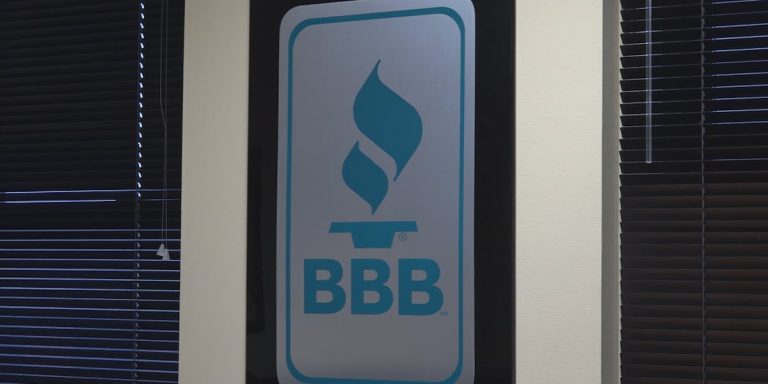BATON ROUGE, La. (WAFB) – You may have lost weight, eat better and save money on your list of New Year’s resolutions, but experts said you can also take steps to avoid fraud in 2025.
Even though the holiday season is over, scammers will still be looking to steal your personal information or money, according to the Better Business Bureau.
The BBB has issued the following tips and reminders to have a fraud-free new year:
- Be careful with email. Be wary of unsolicited emails from any person or company. Remember that scammers can make emails appear to come from a legitimate company, government agency, or reputable organization (even BBB!). Never click on links or open attachments in unsolicited emails.
- Never send money to strangers. If you haven’t met anyone in person, don’t send them money. This is especially true if the person asks you to transfer funds using a prepaid debit card or CashApp. Money sent to strangers in this way is untraceable and once sent there is no way to get it back. Scammers will try to trick you into panic – so before you act, think carefully about the situation. Don’t fall for it!
- Do your research before making online payments and purchases. Search for the retailer before entering payment information when Shop online or if prompted to pay online, search for the retailer before entering payment information. Ask: Is this a person or company I know and trust? Do they have a working customer service number? Where is the company physically located? Will I make payments via a secure server (https://….com)? Have I checked to see if others have complained?
- Use your own judgment when sharing personal information. Sharing sensitive personal information with fraudsters opens the door to identity theft. Never share financial information, date of birth, address, Social Security/Insurance number, or Medicare number with an unsolicited caller.
- Create strong, unique passwords for each account. Using strong and varied passwords on all accounts makes it more difficult for fraudsters to gain access to multiple accounts if one is compromised.
- Enable two-factor authentication. Adding this layer of security to accounts, especially those involving finances or personal data, significantly reduces the risk of unauthorized access.
- Be smart on social media. Use privacy settings on social media and only connect with people you know. Be careful when including personal information in your profile and never reveal your address or other sensitive information, even in a “fun” quiz. Scammers can use this information to pose as friends or relatives and gain your trust. Also be careful when purchasing products you see on social media. BBB Scam Tracker has received thousands of complaints about misleading ads on Facebook and Instagram.
- Check your financial statements regularly. Committing to reviewing bank and credit card statements can help quickly detect unauthorized transactions.
- Learn about the latest scams. Staying informed about emerging scams helps you recognize and avoid new fraudulent tactics.
Click here to report a typo. Please include the title.
Click here to subscribe to our daily WAFB 9 News digest and breaking news alerts delivered straight to your email inbox.
Copyright 2025 WAFB. All rights reserved.


